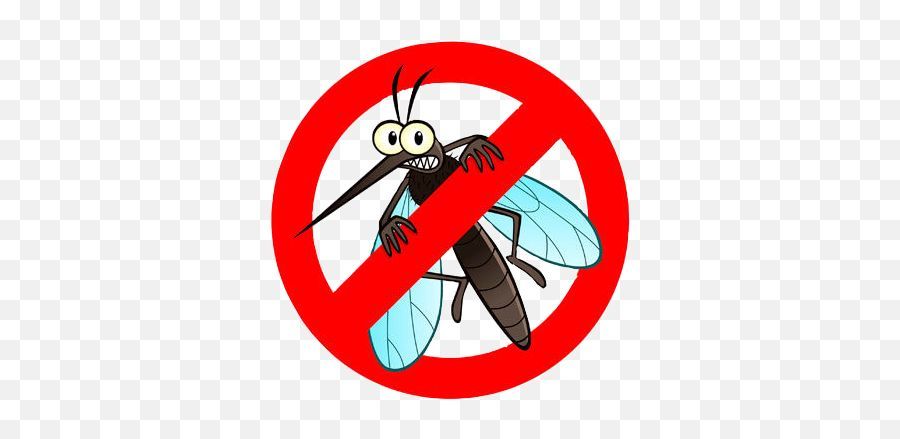Insect bite
Insect bite
Though most bug bites can cause your child nothing more than a persistent need to scratch, some bites or stings from spiders or bees can prove much more serious. At First Pediatric Care Center in Gastonia, North Carolina, Dr. Margaret Lubega offers services to diagnose and treat a wide range of insect bites to prevent infection or a life-threatening emergency reaction. If your child has been bitten or stung, it’s a good idea to schedule a medical checkup to avoid additional health complications. Schedule an appointment online or by calling the office directly.

How do I treat a bee sting?
You can usually see the stinger still in the skin with a bee sting. A wasp keeps its stinger and can sting repeatedly.
Carefully remove the stinger, and wash the area with soap and warm water several times a day to prevent infection. You can also use an ice pack and over-the-counter anti-inflammatories to reduce pain and swelling.
If a bee stings the inside of your child’s mouth, it’s important to seek immediate medical attention. Swelling inside the mouth can affect breathing. If your child is already experiencing breathing difficulties, call 911.
You should also seek medical treatment if your child’s skin develops a rash or swelling is still present three days after the sting. Dr. Lubega can also provide an emergency care plan if your child has life-threatening allergies to bee or wasp stings, including prescription injections to prevent anaphylactic shock.
How do I treat spider bites?
There are some spiders that can cause life-threatening injuries, including the brown recluse or a black widow spider. If you suspect a bite is the result of one of these spiders, seek immediate medical treatment at the nearest emergency room. If possible, bring the spider with you in a sealed container for easier identification.
If you’re sure the spider bite is from a harmless variety of spider, you should wash the area with soap and water several times a day to prevent infection. If your child’s skin becomes hot or inflamed, schedule a medical checkup with Dr. Lubega so that she can properly diagnose and treat a possible infection.
What do I do if I find a tick on my child?
Ticks can be problematic for children who spend a lot of time outside, especially in wooded areas. It’s important to check your child’s skin for ticks as soon as possible after coming inside the house.
Thoroughly check their body for ticks, especially the scalp, underarms, and legs. If you find a ticket, use a pair of tweezers or a tick removal kit to grab the tick’s head and pull upward until the tick releases from the skin. Once the tick is gone, wash the area with rubbing alcohol.
If possible, save the tick in a container. Dr. Lubega may want to view it to determine if your child is at increased risk for Lyme disease.
For specific help with insect bite questions, call the office or book an appointment online.
For more information, read more at the American Academy of Pediatrics.
Is it safe to use insect repellent on my child?
One way to protect your child from biting insects is to use insect repellents. However, it’s important that insect repellents are used safely and correctly.
Mosquitoes, biting flies, and tick bites can make children miserable. While most children have only mild reactions to insect bites, some children can become very sick. Some insects carry dangerous germs such as West Nile virus, Zika virus, Lyme disease bacteria, and Rocky Mountain spotted fever bacteria.
Read on for more information from the American Academy of Pediatrics (AAP) about insect repellents, using repellents safely, and other ways to protect your child from insect bites. Also, read about diseases spread by insects.
Insect repellents prevent bites from biting the child but not stinging insects. Biting insects include mosquitoes, ticks, fleas, chiggers, and biting flies. Stinging insects include bees, hornets, and wasps.
Insect repellents come in many forms, including aerosols, sprays, liquids, creams, and sticks.
